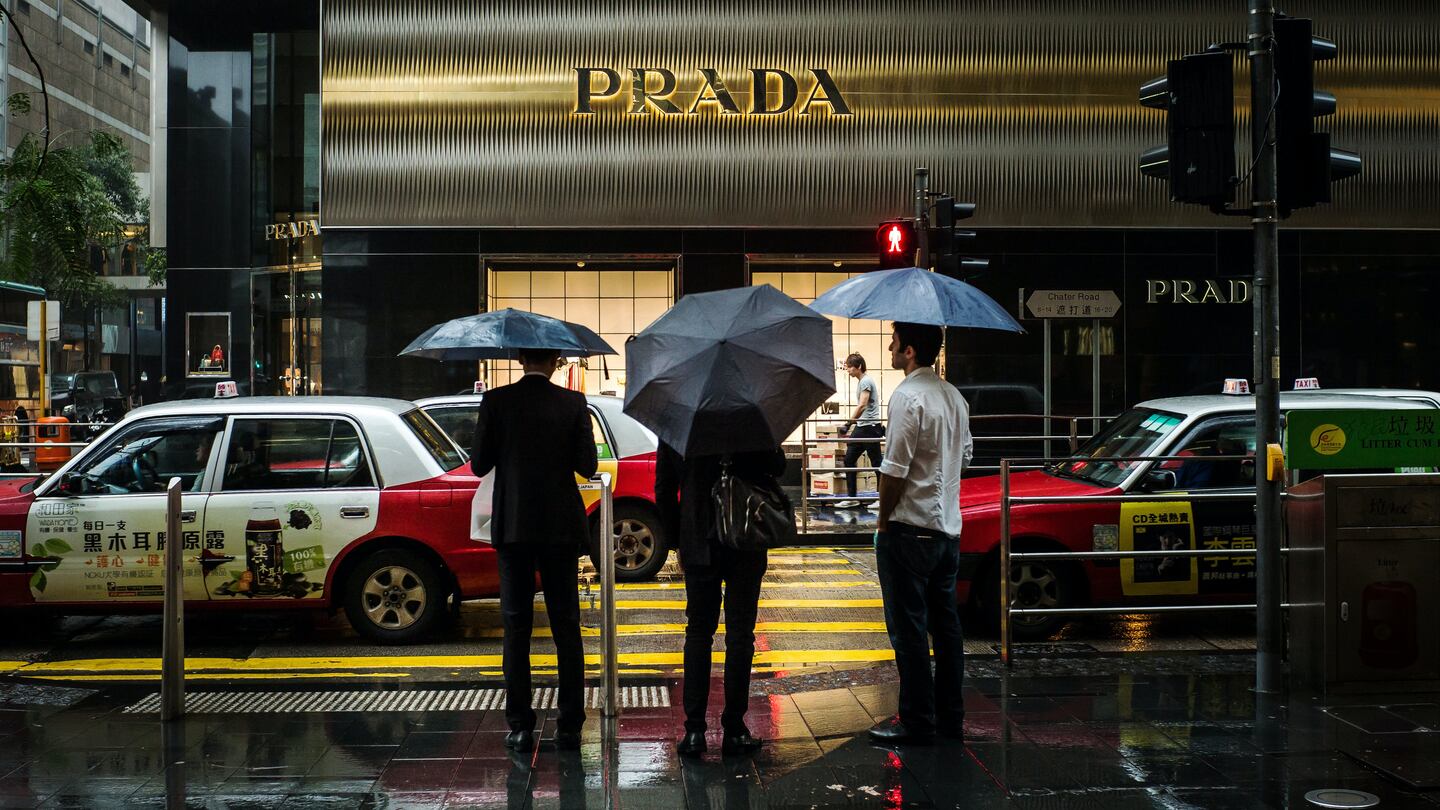
The Business of Fashion
Agenda-setting intelligence, analysis and advice for the global fashion community.

Agenda-setting intelligence, analysis and advice for the global fashion community.

HONG KONG, China — Hong Kong retailers' struggles eased slightly in August even as social-distancing measures were extended to combat the latest wave of coronavirus infections in the city.
Retail sales by value fell 13.1 percent from a year earlier to HK$25.6 billion ($3.3 billion), according to a government statement. That’s better than the median forecast for a 17.5 percent decline in the period, according to economists surveyed by Bloomberg. Retail sales by volume also dropped 13.4 percent from year-ago levels, an improvement on the 23.8 percent decline in July, the report said.
The continued weakness comes after a 23.1 percent decline in July, as well as four straight months of a contraction of more than 30 percent from February through May during the initial stages of the pandemic. Hong Kong’s retailers have borne the brunt of the city’s deepening economic recession this year amid the pandemic, rising US-China political tensions and recurring protests.
The narrowing year-on-year decline was mainly the result of a low base of comparison, a government spokesman said.
ADVERTISEMENT
“As economic conditions remain under pressure and inbound tourism is unlikely to show any swift recovery in the near term, the business environment of the retail trade will remain difficult,” the spokesman said. “Local consumption sentiment may further improve if the recent stabilisation of the local epidemic situation sustains.”
There is some cause for optimism that things may improve more in coming months. The latest wave of infections eased in August and shows further signs of subsiding, while the government has lifted some restrictions, extending hours of restaurants and allowing bars to open.
Chief Executive Carrie Lam announced a HK$24 billion round of relief stimulus earlier this month, which has been criticised by some economists and business leaders for its relatively small size.
By Eric Lam.
The British musician will collaborate with the Swiss brand on a collection of training apparel, and will serve as the face of their first collection to be released in August.
Designer brands including Gucci and Anya Hindmarch have been left millions of pounds out of pocket and some customers will not get refunds after the online fashion site collapsed owing more than £210m last month.
Antitrust enforcers said Tapestry’s acquisition of Capri would raise prices on handbags and accessories in the affordable luxury sector, harming consumers.
As a push to maximise sales of its popular Samba model starts to weigh on its desirability, the German sportswear giant is betting on other retro sneaker styles to tap surging demand for the 1980s ‘Terrace’ look. But fashion cycles come and go, cautions Andrea Felsted.